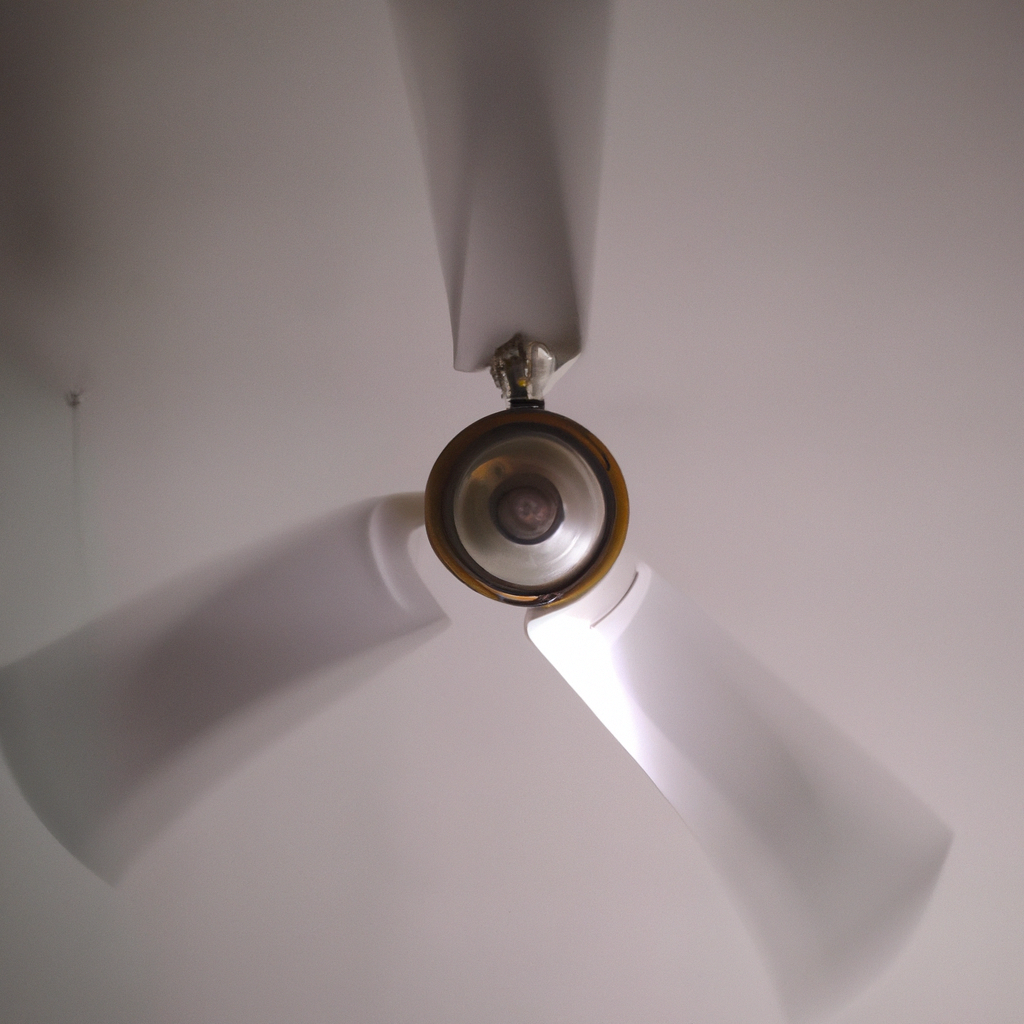Are you looking for a way to stay cool during the hot summer months? Have you ever considered installing a ceiling fan in your home?
Ceiling fans are becoming an increasingly popular choice for homeowners who want to keep their homes at a comfortable temperature without spending money on air conditioning. But, how long does a ceiling fan last?
In this article, we’ll explore how long you can expect your ceiling fan to last and what factors affect its lifespan. We’ll also look at some tips for maintaining your fan so it lasts as long as possible.
By the end of this article, you’ll have everything you need to know about keeping your home cool with a reliable ceiling fan.
Ceiling fans are an affordable way to beat the heat while still feeling connected to nature and part of something larger than yourself. Whether it’s providing comfort through gentle breezes or helping us save energy by reducing our reliance on air-conditioning units, there is no denying that these versatile appliances offer many benefits.
So let’s take a closer look at just how long they can be expected to provide those services before needing replacement!
Average Lifespan Of Fans
The average lifespan of a ceiling fan is usually between seven to ten years. This can vary depending on the quality and type of fan, as well as how it’s used and maintained.
But with proper care and regular maintenance, you can extend its life considerably.

There are several factors that determine the durability of your fan. Its construction plays an important role in determining its longevity; fans made from higher-quality materials will last longer than cheaper ones.
The speed settings also influence the motor’s wear and tear – if you run your fan on high for long periods, this can shorten its life expectancy significantly. Additionally, having too much weight hanging off the blades or using improper installation methods can cause damage over time.
Ceiling fans provide comfort throughout hot summer months, so making sure yours lasts as long as possible is key to getting the most out of it. With some attention to detail during installation and general upkeep, your fan should serve you faithfully for many seasons to come!
Factors That Impact Durability
While the average lifespan of a ceiling fan is around 10 years, there are several factors that can influence how long your fan will last. From the type and quality of materials used to how it’s installed, all these elements play an important role in determining its durability.
The material and design of the fan has a huge impact on longevity as well as performance. Fans made with high-quality components tend to last longer than those made from cheaper ones.
This includes things like motor housings, blades, and frames. Even small details such as ball bearings or greased motors can make a difference when it comes to longevity.
Additionally, fans designed for outdoor use have more durable parts due to their weatherproofing requirements which makes them better suited for long term use.
Installation also plays a major role in terms of durability since poorly installed fans often suffer from premature wear and tear or breakage much sooner than expected. For instance, if the mounting bracket isn’t securely fastened onto the ceiling joist or studs then this could put unnecessary stress on the entire unit over time leading to failure earlier than anticipated.
Thus, getting professional help during installation is always recommended so you can be sure your fan will stay up safely while providing optimal performance throughout its lifetime.
By taking into account all these factors before buying a new ceiling fan, one can ensure they get maximum value out of their investment without having to worry about frequent repair costs down the line. With proper care and maintenance requirements met regularly, your ceiling fan should continue delivering reliable service for many years ahead!
Maintenance Requirements
Maintaining a ceiling fan is relatively simple and can help it last for many years. To keep the fan running optimally, regularly check the motor housing to make sure no dust or debris has collected in that area.
You should also lubricate any bearings as necessary; however, if you’re not comfortable with this task, it’s best to call an electrician or professional technician.
Inspecting the blades for wear and tear periodically is also important. If they are bent or cracked, replace them immediately.
Additionally, you may want to clean your blades by using a damp cloth from time to time so dust does not accumulate on them either.
It’s recommended that fans be replaced after 15-20 years of use depending on their frequency of operation and care taken during maintenance. As such, keeping track of when you installed your ceiling fan can help ensure its longevity.
Now that we’ve discussed how long a ceiling fan typically lasts and what’s needed to maintain one, let’s look at replacing a fan when the time comes…
Replacing A Ceiling Fan
Replacing a ceiling fan is inevitable and can be done easily if the right steps are taken. Fortunately, this process doesn’t have to be complicated or costly.
When it comes to replacing your current ceiling fan, there are several key factors that should be considered in order to determine the best option for you and your space.
First of all, consider the style of fan you’d like to purchase. Whether your preference leans towards traditional or modern designs, make sure you find one that fits with the aesthetics of your home.
Additionally, pay close attention to any additional features such as lighting fixtures or remotes, which can add convenience and value over time.
Finally, don’t forget about size and weight considerations when selecting a new fan; larger fans tend to move more air but require much stronger support than smaller ones do. It’s also important to note that heavier fans will need sturdier mounts than lighter models, so keep these things in mind when shopping around for a new fan.
With just a bit of research beforehand and careful installation afterwards, you’ll soon enjoy years of refreshingly cool breezes from your brand-new ceiling fan!
Conclusion
When it comes to determining how long a ceiling fan will last, there are many factors at play. Generally, fans can last up to 10 years with proper maintenance and care.
However, this lifespan may be shortened if the fan is not regularly maintained or if it experiences an excessive amount of wear and tear over time. Replacing your fan after its average life span has passed is recommended in order to ensure that you get the most out of your investment.
Overall, ceiling fans can provide numerous benefits when they’re functioning properly. To maximize their longevity and performance, regular maintenance should be performed on a regular basis.
Additionally, replacing the fan after it reaches its expected life span ensures optimal efficiency for longer periods of time without having to worry about costly repairs or replacements down the line.
Therefore, understanding how long a ceiling fan lasts as well as what kind of upkeep is needed can help you determine whether investing in one would be beneficial for your home. Knowing these facts beforehand gives you more control over preserving your investment so you can enjoy a comfortable atmosphere year-round!




